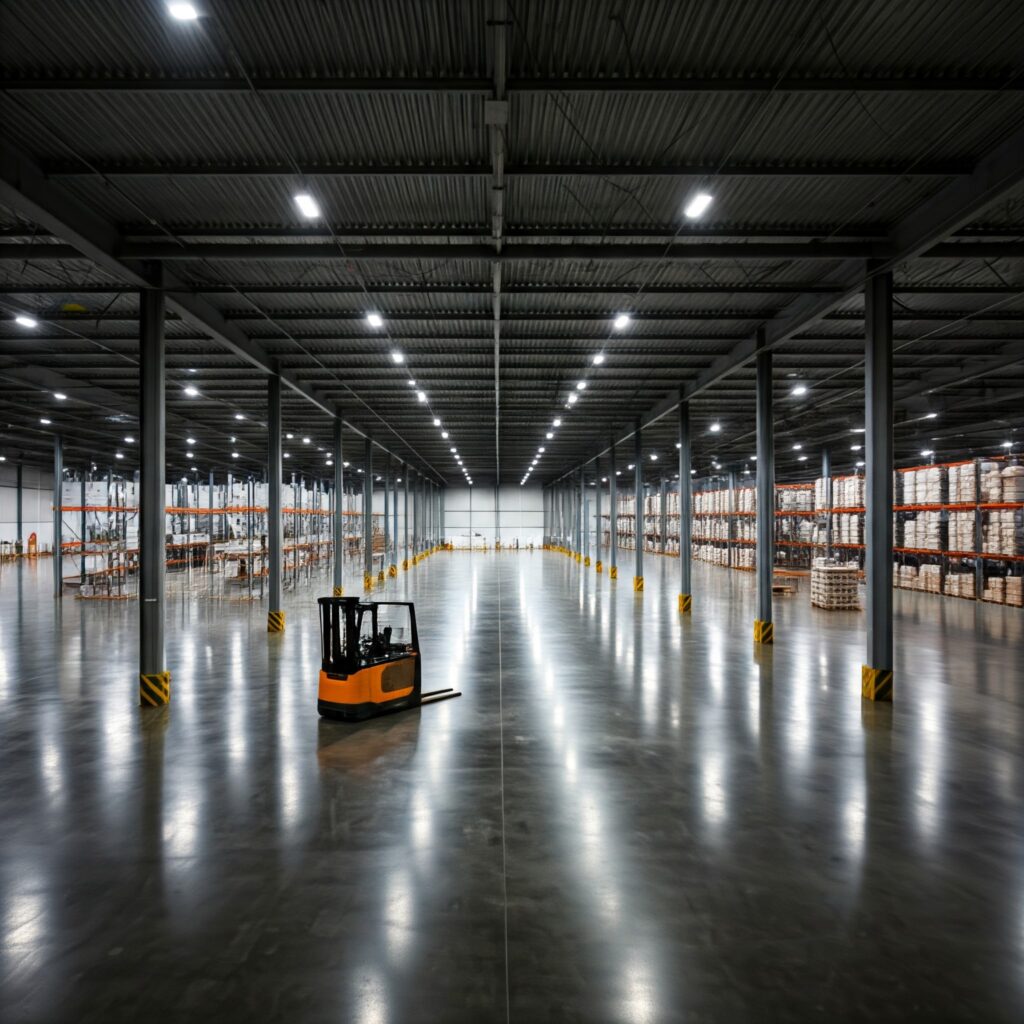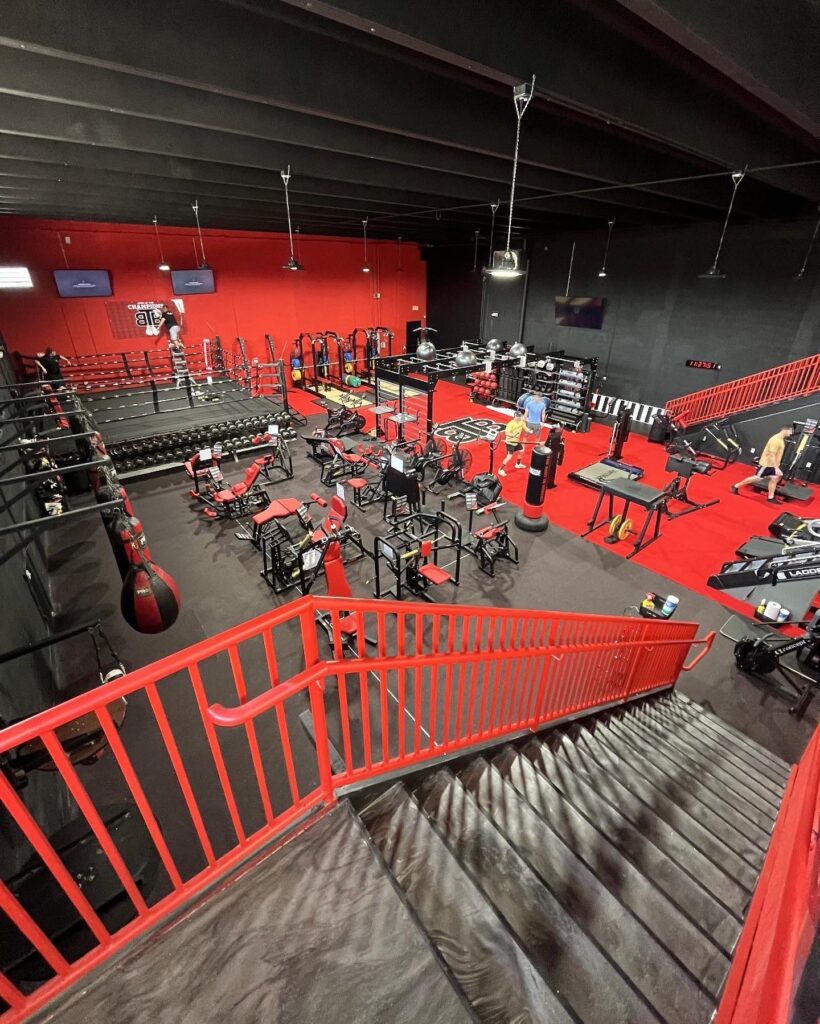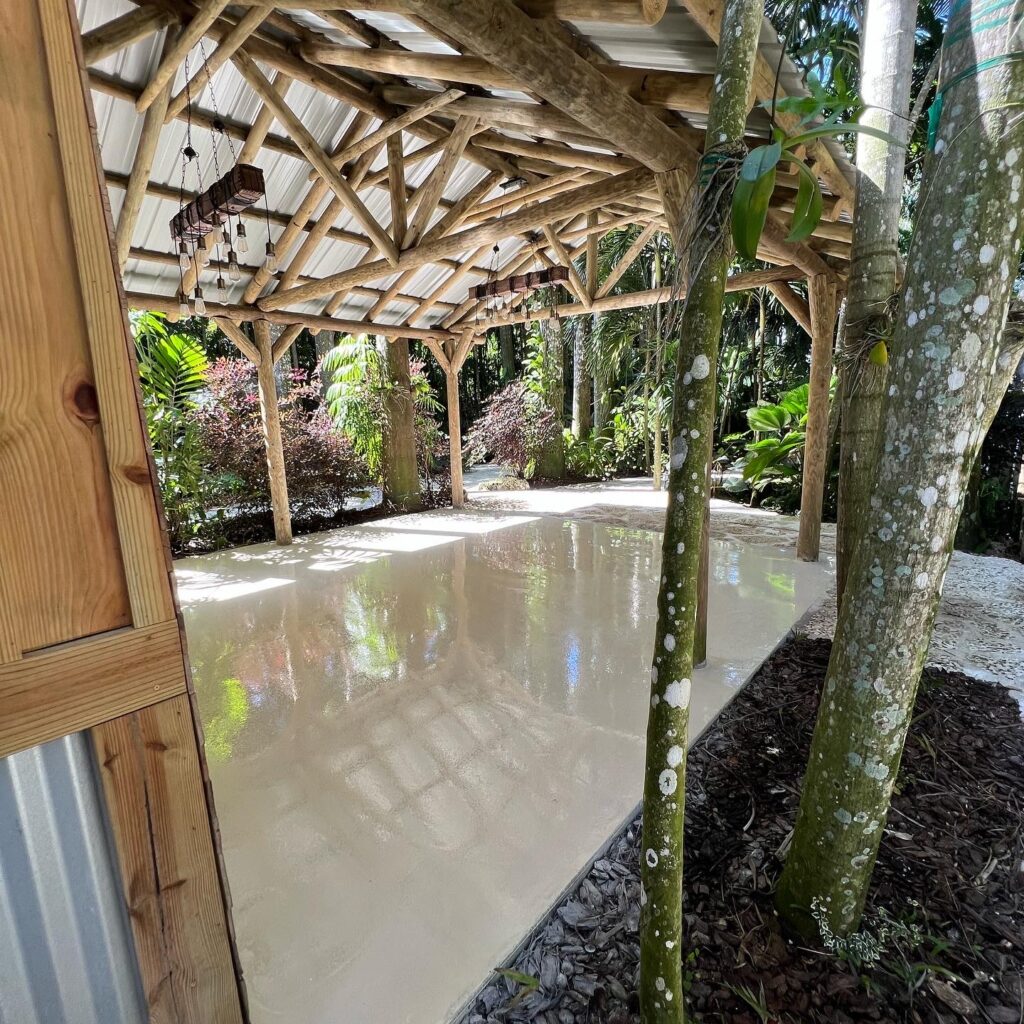The Importance of Efficient and Durable Warehouse Flooring
In warehouses, flooring isn’t just something to walk or drive over—it’s the backbone of efficiency, safety, and durability. A warehouse operates like a well-oiled machine, with forklifts zipping around, pallets stacked to the ceiling, and goods constantly being moved from one place to another. But the smoothness of this operation often depends on a single factor: the quality of the flooring beneath it all.
Traditional concrete floors, while common, come with a host of challenges. Over time, they can crack, chip, and deteriorate under the weight of heavy machinery and constant traffic. This leads to costly repairs, unsafe conditions, and interruptions in workflow. For warehouses aiming to maximize efficiency, epoxy flooring offers a robust, versatile, and cost-effective solution.
Epoxy flooring doesn’t just protect a warehouse floor; it transforms the entire space. Combining unmatched durability with safety features and low maintenance requirements, it addresses the unique challenges of industrial environments. Here’s how epoxy flooring enhances warehouse operations and contributes to long-term productivity.
Key Benefits of Epoxy Flooring for Warehouses
Epoxy flooring is designed to thrive in high-pressure environments. Its ability to withstand heavy loads, provide safety enhancements, and simplify maintenance makes it an ideal choice for warehouses.
Durability for Heavy Loads and Machinery
Warehouses are home to some of the toughest conditions for any floor. Between the constant movement of forklifts, the weight of industrial shelving, and the daily wear from employees and vehicles, the flooring takes a beating. Traditional concrete surfaces, though strong, are prone to cracking, spalling, and erosion over time.
Epoxy flooring, however, is built to endure. Its seamless, resin-based surface forms a hard, protective layer that can handle immense weight and resist wear. Forklifts, pallet jacks, and even heavy equipment leave no lasting damage, ensuring that the floor remains intact and functional for years.
Moreover, epoxy flooring is highly resistant to chemical spills, which are common in warehouses dealing with industrial supplies or hazardous materials. This chemical resistance protects both the floor and the integrity of the workspace, ensuring safety and longevity.
Safety Features: Slip-Resistance and Visibility Markings
Safety is a top priority in warehouses, where accidents can lead to injuries, downtime, and financial losses. Epoxy flooring can be customized with slip-resistant coatings, reducing the risk of slips and falls in areas prone to spills or moisture.
In addition to slip resistance, epoxy flooring offers the option to integrate visibility markings directly into the surface. These markings can include lane demarcations, hazard zones, or directional arrows, all of which enhance organization and safety. By clearly defining areas for vehicles, pedestrians, and storage, epoxy flooring reduces the risk of collisions and keeps operations running smoothly.
Easy Maintenance and Cleaning
Warehouse managers understand the importance of keeping the workspace clean and operational. However, traditional flooring materials can absorb dirt, oil, and chemicals, making them difficult and time-consuming to clean.
Epoxy flooring simplifies maintenance with its non-porous, seamless surface. Dirt and spills stay on the surface and can be quickly wiped away, leaving the floor spotless. This not only saves time but also ensures a more hygienic and professional environment.
Epoxy flooring’s low maintenance requirements also reduce the need for expensive cleaning solutions or specialized equipment, further lowering operational costs.
How Epoxy Flooring Improves Workflow
Efficiency isn’t just about durability and safety—it’s about creating an environment where every aspect of the operation runs smoothly. Epoxy flooring plays a pivotal role in streamlining workflow within a warehouse, helping businesses save time and increase productivity.
Smooth Surfaces for Easy Movement
The seamless nature of epoxy flooring eliminates bumps, cracks, and uneven surfaces that can disrupt the movement of goods and machinery. Forklifts and pallet jacks glide effortlessly across the smooth surface, reducing wear on equipment and minimizing the risk of accidents caused by uneven flooring.
In addition, the reflective properties of epoxy flooring enhance lighting within the warehouse. Better illumination improves visibility, allowing workers to move more confidently and efficiently. This is particularly beneficial in large warehouses where consistent lighting is crucial for safe and effective operations.
Reduced Downtime for Repairs
Traditional warehouse flooring often requires frequent repairs to address cracks, chips, or erosion caused by heavy use. These repairs can disrupt operations, leading to costly downtime and logistical headaches.
Epoxy flooring drastically reduces the need for repairs. Its durable surface resists damage from machinery, chemicals, and daily wear, ensuring that the floor remains operational for extended periods. When maintenance is required, it’s typically quick and straightforward, minimizing interruptions to the workflow.
By reducing downtime, epoxy flooring allows warehouses to operate at peak efficiency, meeting production schedules and customer demands without unnecessary delays.
Additional Advantages of Epoxy Flooring in Warehouses
Beyond its primary benefits, epoxy flooring offers several additional advantages that contribute to a more efficient and productive warehouse environment.
- Cost-Effectiveness: While epoxy flooring may have a higher upfront installation cost compared to traditional concrete, its longevity and low maintenance requirements make it a cost-effective investment over time. The reduced need for repairs, cleaning supplies, and downtime significantly lowers operational expenses.
- Environmental Resistance: Epoxy flooring is highly resistant to temperature fluctuations, making it suitable for warehouses in regions with extreme climates. It can also handle exposure to moisture without cracking or deteriorating, ensuring reliability in all conditions.
- Customizable Designs: Warehouses often need floors tailored to specific operations, such as designated loading zones, work areas, or safety markings. Epoxy flooring can be customized to include these features, enhancing organization and functionality.
The Future of Warehouse Flooring
As industries evolve, the demands placed on warehouses are increasing. From accommodating automation to meeting stricter safety regulations, warehouse flooring must be able to adapt to changing needs. Epoxy flooring is well-positioned to meet these challenges, offering a versatile solution that aligns with the future of industrial spaces.
With its ability to integrate advanced safety features, support automation, and withstand heavy-duty operations, epoxy flooring is becoming the standard for modern warehouses. Its longevity and cost-effectiveness make it a practical choice for businesses looking to invest in infrastructure that delivers long-term value.
Epoxy flooring is more than just a practical choice for warehouses—it’s a strategic one. Its durability ensures that heavy machinery and daily operations won’t compromise the floor’s integrity, while its safety features create a secure environment for workers. Add to this the ease of maintenance and the workflow enhancements it provides, and epoxy flooring becomes an indispensable asset for any warehouse.
In a fast-paced industry where efficiency and safety are paramount, epoxy flooring offers a solution that ticks all the boxes. By choosing epoxy, warehouse managers can reduce costs, minimize downtime, and create a workspace that supports productivity at every level.
Optimize Your Warehouse with Art Epoxy Designs
Ready to transform your warehouse flooring? Art Epoxy Designs specializes in creating durable, safe, and customized epoxy flooring solutions tailored to your needs. Contact us today to learn how epoxy flooring can boost your warehouse’s efficiency and performance!



